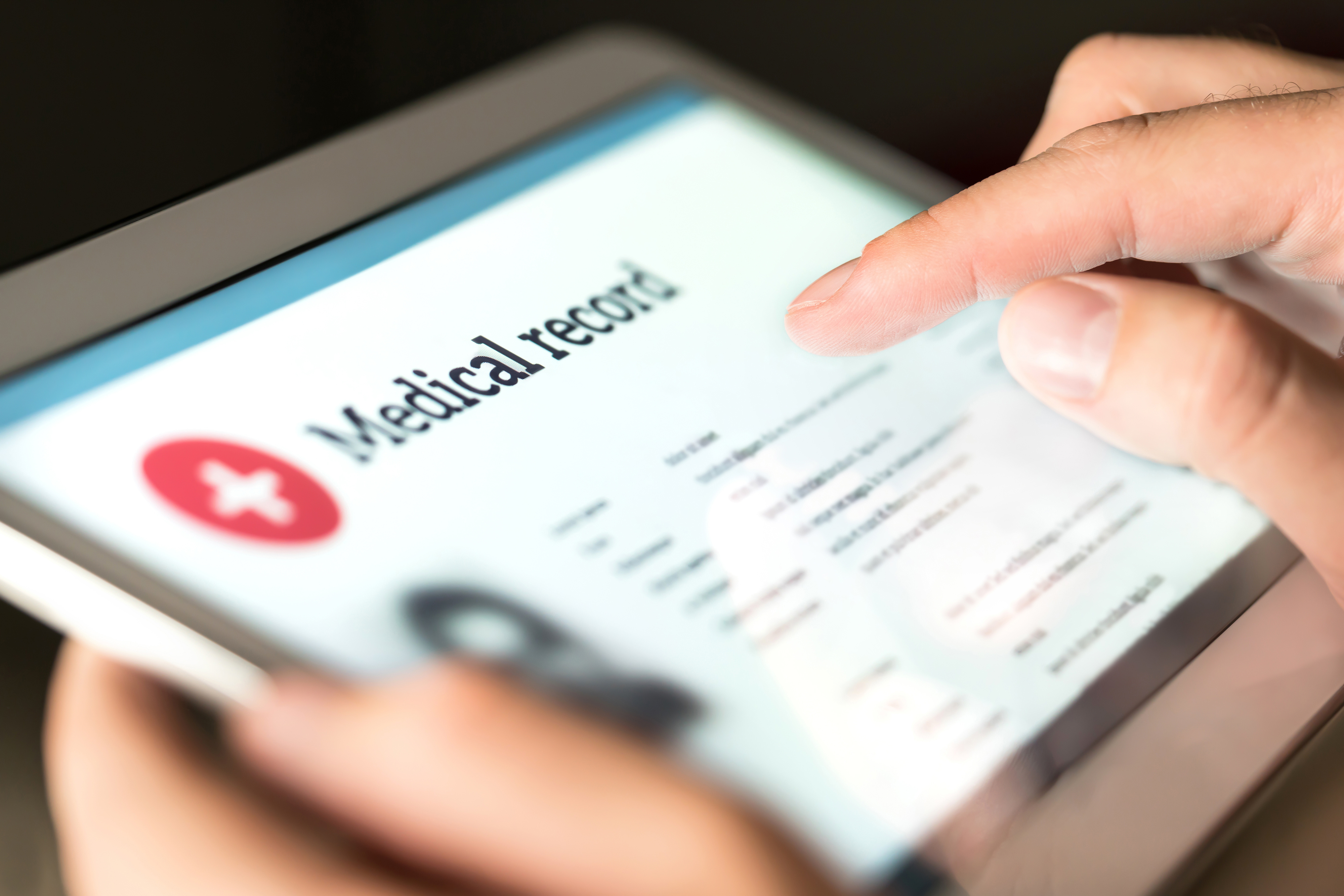Home Industry Healthcare The Vital Role Of Accurate Med...
Healthcare

CIO Bulletin
20 Febuary, 2024
Accurate and comprehensive medical record documentation is indispensable for delivering high-quality patient care. Clinical documentation serves many crucial purposes, including fostering seamless communication among healthcare providers, assisting in clinical decision-making, supporting quality measure reporting, educating and empowering patients, facilitating legal proceedings, and ensuring accurate billing and reimbursements.
In the intricate landscape of modern healthcare, it's unrealistic for a single provider to comprehensively understand every aspect of a patient's history and current health status. Therefore, effective documentation becomes the means by which accurate information is shared across all care team members.
This article explores the multifaceted importance of precise medical record documentation, examining its profound impact on patient care.

The Foundation of Patient Care
Accurate medical record documentation serves as the foundation of effective patient care. It encompasses a detailed account of a patient's medical history, current health status, diagnoses, treatments, and medications. This wealth of information gives healthcare providers a holistic view of the patient's health, aiding in more accurate diagnoses and personalized treatment plans. This foundational aspect is pivotal in delivering tailored and precise healthcare interventions.
Integrally linked to this process is Clinical Documentation Improvement (CDI), which actively collaborates with healthcare providers to guarantee that medical records accurately portray each patient's health status and care entirely. CDI in healthcare plays a crucial role in maintaining documentation accuracy by ensuring the capture of both the immediate symptoms and the underlying factors contributing to a patient's condition.
Communication Across the Care Team
Thorough documentation is vital for physicians and other healthcare workers to make well-informed decisions about diagnoses, treatments, and patient safety precautions. Providers rely on what is communicated in the medical record and their examinations and assessments. Information gaps can negatively impact care planning and patient outcomes. For example, a lack of social history documentation could result in unsafe discharge planning if specific home environment risks or medication access barriers are not addressed.
Inpatient hospital settings provide an excellent example of how clear documentation facilitates seamless coordination across multiple providers. A single patient may interact with hospitalists, specialists, surgeons, nurses, pharmacists, social workers, physical and occupational therapists, dietitians, and care managers. Accurately recording each assessment and intervention allows the next provider to build upon the clinical picture. This activity reduces duplication of services, delays, and frustration for patients and staff.
Quality and Performance Measurement
In addition to direct care considerations, accurate documentation is required for quality reporting to agencies like the Centers for Medicare and Medicaid Services (CMS). Quality programs look at clinical data to evaluate hospital readmission rates, mortality measures, infection control, and adherence to treatment guidelines. Inaccuracies lead to errors and a lack of clarity around actual facility performance and patient results. This error makes determining appropriate quality improvement initiatives difficult.
For example, documenting wound characteristics, infections, and offloading in diabetic foot ulcer patients enables accurate tracking of healing progress. This tracking informs whether additional staff education or protocol modifications could improve outcomes. Also, based on this precise documentation, quality analysts can distinguish if slow healing resulted from clinical complexity, non-adherence issues, or suboptimal practices.
Lifesaving Role in Emergency Situations
In emergencies, quick access to accurate medical records can be lifesaving. Healthcare providers rely on the information within medical records to understand a patient's medical history, allergies, and pre-existing conditions. This knowledge informs timely and appropriate interventions, potentially making a significant difference in patient outcomes.
Empowering Patient Participation Through Education
Accurate documentation also plays a crucial role in patient education. Detailed information within medical records empowers patients to participate actively in their healthcare journey. Understanding their medical history, diagnoses, and treatment plans allows patients to make informed decisions, adhere to prescribed treatments, and actively engage in shared decision-making with their healthcare providers.
Legal and Billing Purposes
Medical records also provide crucial evidence and chronological details in malpractice suits and other legal proceedings related to patient care. Thorough, timely documentation accurately shows what transpired at each step and the rationale behind clinical decision-making. This process protects healthcare providers as well as health systems or hospitals. Insufficient documentation makes defense much more complex and risky in lawsuits.
Finally, clear documentation facilitates appropriate billing and reimbursement by payers such as Medicare, Medicaid, and private insurance companies. Medical coding and billing processes are based on translating treatment notes and health data into standardized codes. Missing or unclear details lead to rejected claims and loss of deserved revenue. This incident negatively impacts a hospital or healthcare system's financial health. Vague discharge summaries also lead to errors in coding outpatient follow-up care.
The Vital Role of Accuracy
In summary, meticulous medical record documentation serves a multifaceted role in coordinating care and delivering quality services, legal protections, and financial operations. Healthcare providers should prioritize clinical documentation accuracy and completeness with every patient interaction.
Utilizing CDI programs and related training helps ingrain strong documentation practices. This process results in enhanced patient experiences, improved population health, and more efficient care systems. As the healthcare landscape advances, the commitment to accurate medical record documentation remains a constant, ensuring that patients receive the care they need and deserve.







